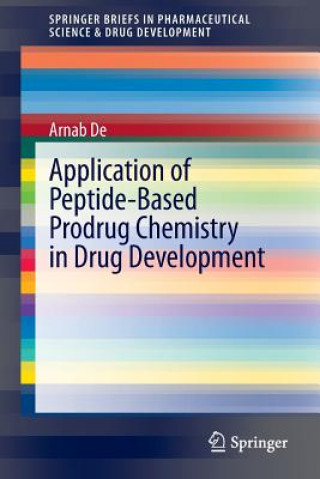
Kod: 05257971
Application of Peptide-Based Prodrug Chemistry in Drug Development
Autor Arnab De
Macromolecular (specifically peptide-based) drugs could potentially be highly effective medicines. However they have a relatively short duration of action and variable therapeutic index. An example of such a peptide is Glucagon-li ... więcej
- Język:
 Angielski
Angielski - Oprawa: Miękka
- Liczba stron: 89
Wydawca: Springer-Verlag New York Inc., 2012
- Więcej informacji o książce

Zobacz książki o podobnej tematyce
-

Hundred Years War Vol 2
138.32 zł -23 % -

Blues for a Black Cat and Other Stories
79.28 zł -10 % -

New Forms of Governing
284.37 zł -

Non-Commutative Harmonic Analysis
360.05 zł -

Children of the Western Plains
109.65 zł -

Treatise on Political Economy
67.45 zł -

Remember Who You Are
81.98 zł -4 %
Bon podarunkowy: Radość gwarantowana
- Podaruj bon o dowolnej wartości, a my się zajmiemy resztą.
- Bon podarunkowy dotyczy całej naszej oferty.
- Możesz wydrukować elektroniczny bon z e-maila a następnie przekazać go obdarowanemu.
- Ważność bonu wynosi 12 miesięcy od daty wystawienia.
Więcej informacji o Application of Peptide-Based Prodrug Chemistry in Drug Development
Za ten zakup dostaniesz 166 punkty
 Opis
Opis
Macromolecular (specifically peptide-based) drugs could potentially be highly effective medicines. However they have a relatively short duration of action and variable therapeutic index. An example of such a peptide is Glucagon-like Peptide I which could potentially be used as a revolutionary drug for diabetes. This is because it stimulates insulin only when the blood glucose level is high thereby reducing the risk of hypoglycemia (a significant disadvantage of using insulin is that an insulin overdose is the single most potent cause of life-threatening hypoglycemia). However it s short duration of action (half-life of 2 minutes in plasma) precludes its therapeutic use. §In this volume, the use of novel therapeutics like GLP1 as an alternative to tradition insulin-based drugs in diabetes is described. Application of Peptide-Based Prodrug Chemistry in Drug Development elucidates the traditional concept of prodrugs as specialized non-toxic protective groups used in a transient manner to alter or to eliminate certain limiting properties in the parent small molecule (IUPAC definition). It goes on to provide insight into how prodrugs of peptides (with GLP1 as an example) could be appropriately used to extend the biological half life, broaden the therapeutic index of macromolecules and improve the pharmacodynamics of such drugs. Author explains the logic behind designing peptide prodrugs, synthetic procedures and bioassays to examine the conversion of the prodrug to the drug under therapeutic conditions. The prodrugs described slowly convert to the parent drug at physiological conditions of 37C and pH 7.2 driven by their inherent chemical instability without the need of any enzymatic cleavage. The diketopiperazine and diketomorpholine (DKP and DMP) strategies for prodrug conversion are demonstrated in detail with special emphasis on the chemical flexibility that it offers to develop prodrugs with variable time actions.§This book will be of useful to chemists, biochemists, medicinal chemists, biologists and people in the medical profession (doctors). It may be used in undergraduate classes but will certainly help post-graduate students and advanced professionals. §The author is grateful to Prof. Richard DiMarchi (Standiford H. Cox Professor of Chemistry and the Linda & Jack Gill Chair in Biomolecular Sciences at Indiana University) for valuable suggestions. The foreword for the book has been written by Prof. Jean Martinez, (Legion d'Honneur awarded by the French Republic; Professor of Chemistry and Medicinal Chemistry of the University of Montpellier, France; and Chairman of European Peptide Society, 2002-2010).
 Szczegóły książki
Szczegóły książki
Kategoria Książki po angielsku Medicine Clinical & internal medicine Endocrinology
284.37 zł
- Pełny tytuł: Application of Peptide-Based Prodrug Chemistry in Drug Development
- Autor: Arnab De
- Język:
 Angielski
Angielski - Oprawa: Miękka
- Liczba stron: 89
- EAN: 9781461448747
- ISBN: 1461448743
- ID: 05257971
- Wydawca: Springer-Verlag New York Inc.
- Waga: 178 g
- Wymiary: 238 × 160 × 8 mm
- Data wydania: 18. August 2012
Ulubione w innej kategorii
-
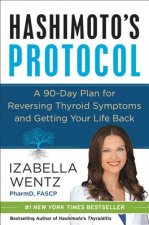
Hashimoto's Protocol
92.71 zł -23 % -
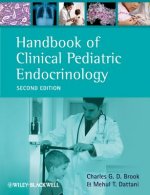
Handbook of Clinical Pediatric Endocrinology 2e
461.09 zł -
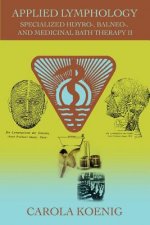
Applied Lymphology
51.21 zł -5 % -
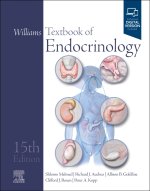
Williams Textbook of Endocrinology
932.82 zł -4 % -
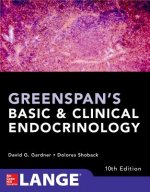
Greenspan's Basic and Clinical Endocrinology, Tenth Edition
380.90 zł -
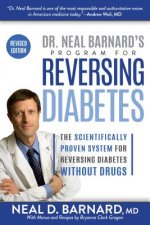
Dr. Neal Barnard's Program for Reversing Diabetes
84.89 zł -10 % -
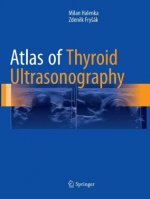
Atlas of Thyroid Ultrasonography
859.04 zł -

Pediatric Endocrinology
288.38 zł -

Diabetes Code
77.57 zł -14 % -

Williams Textbook of Endocrinology
976.62 zł -

Practical Clinical Endocrinology
383.71 zł -27 % -

Carbs & Cals Carb & Calorie Counter
92.21 zł -4 % -

Practical Clinical Endocrinology
405.36 zł -
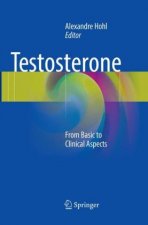
Testosterone
431.02 zł -

Endocrine Secrets
211.49 zł -

Management of Prader-Willi Syndrome
526.14 zł -
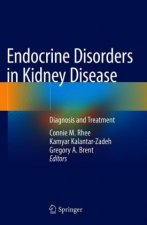
Endocrine Disorders in Kidney Disease
662.57 zł -
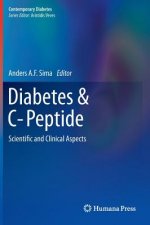
Diabetes & C-Peptide
782.66 zł -
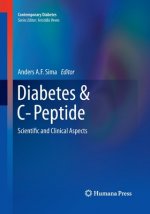
Diabetes & C-Peptide
392.03 zł -25 % -
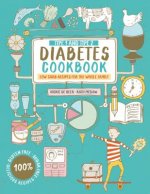
Type 1 and Type 2 Diabetes Cookbook
79.08 zł -23 % -

8-Week Blood Sugar Diet
51.61 zł -23 % -
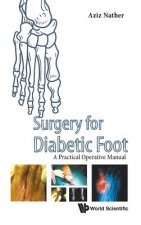
Surgery For Diabetic Foot: A Practical Operative Manual
583.38 zł -
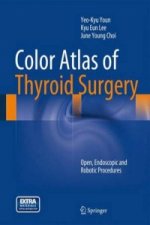
Color Atlas of Thyroid Surgery
621.27 zł -
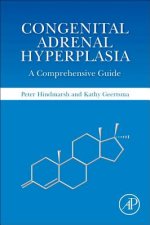
Congenital Adrenal Hyperplasia
270.03 zł -
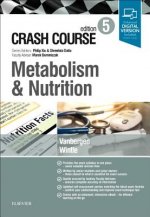
Crash Course Metabolism and Nutrition
178.72 zł -7 % -

pH Miracle For Diabetes
60.84 zł -23 % -

Dealing with Diabetes Burnout
89.30 zł -4 % -
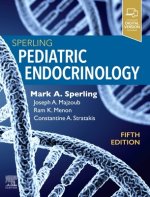
Sperling Pediatric Endocrinology
622.68 zł -5 % -

A Case-Based Guide to Clinical Endocrinology
897.63 zł -

DeGroot's Endocrinology
1752.17 zł -

Carbs & Cals Gestational Diabetes
75.37 zł -4 % -

Good Practice in Pediatric and Adolescent Gynecology
431.02 zł -

Carbs & Cals Pocket Counter
63.84 zł -5 % -
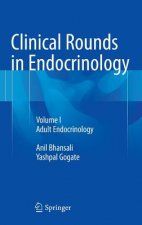
Clinical Rounds in Endocrinology
728.73 zł -
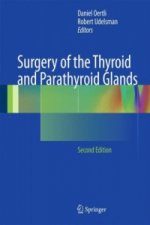
Surgery of the Thyroid and Parathyroid Glands
864.35 zł -
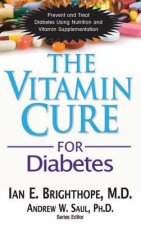
Vitamin Cure for Diabetes
62.84 zł -4 % -
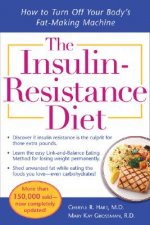
Insulin-Resistance Diet--Revised and Updated
85.19 zł -5 % -
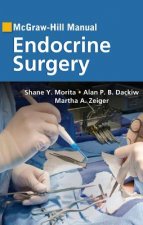
McGraw-Hill Manual Endocrine Surgery
600.12 zł -

Diabetes, No Thanks!
52.21 zł -15 % -

Prevent and Cure Diabetes
82.49 zł -14 % -

Type-2 Diabetes Breakthrough
70.56 zł -5 % -

Handbook of Hormones
970.81 zł -9 % -

Integration of the Endocrine System
86.09 zł -
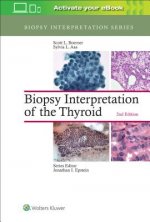
Biopsy Interpretation of the Thyroid
924.50 zł -2 % -
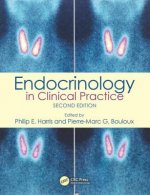
Endocrinology in Clinical Practice
376.49 zł -

When a Child Has Diabetes
67.65 zł -23 % -
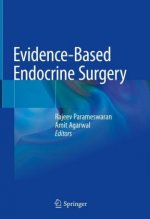
Evidence-Based Endocrine Surgery
621.27 zł -
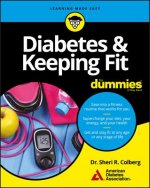
Diabetes & Keeping Fit For Dummies
105.04 zł -4 % -

Breakthrough
77.17 zł -5 %
zadowolonych klientów
Od roku 2008 obsłużyliśmy wielu miłośników książek, ale dla nas każdy był tym wyjątkowym.
Copyright! ©2008-24 libristo.pl Wszelkie prawa zastrzeżonePrywatnieCookies



 21 milionów książek
21 milionów książek Dostawa 10.99 zł
Dostawa 10.99 zł (32) 444 93 66 (8-15.30h)
(32) 444 93 66 (8-15.30h)